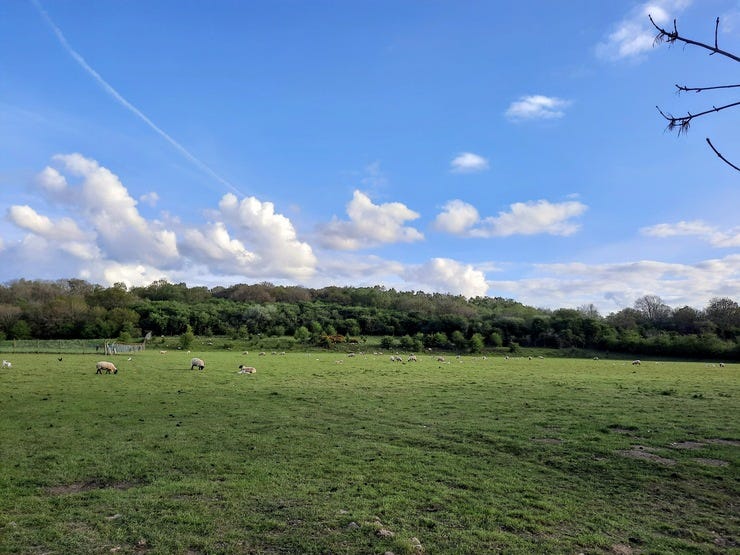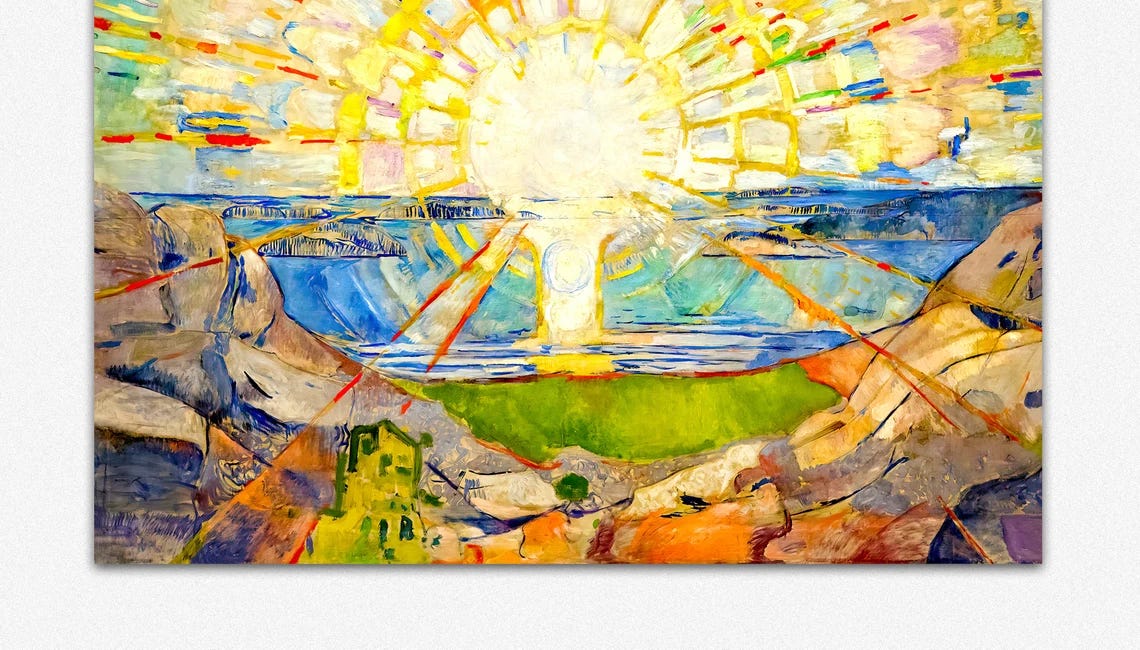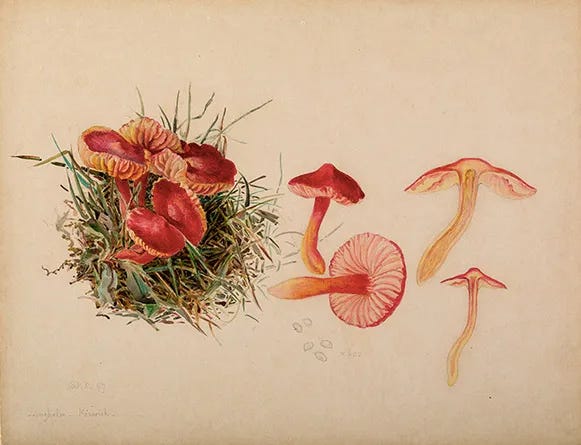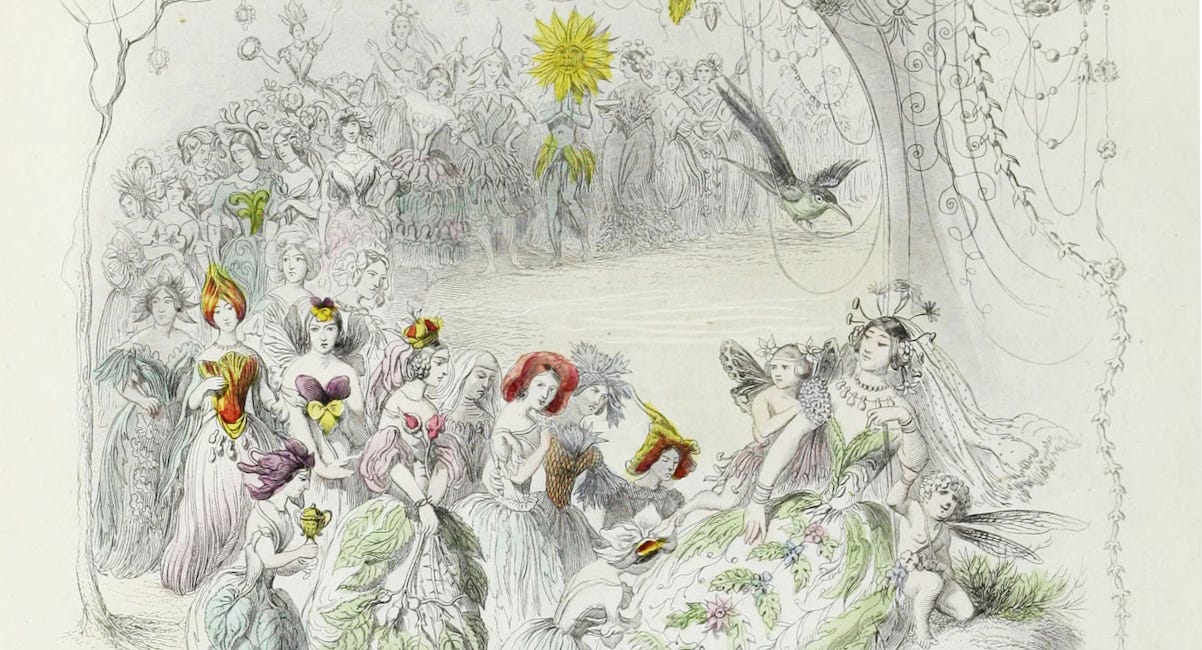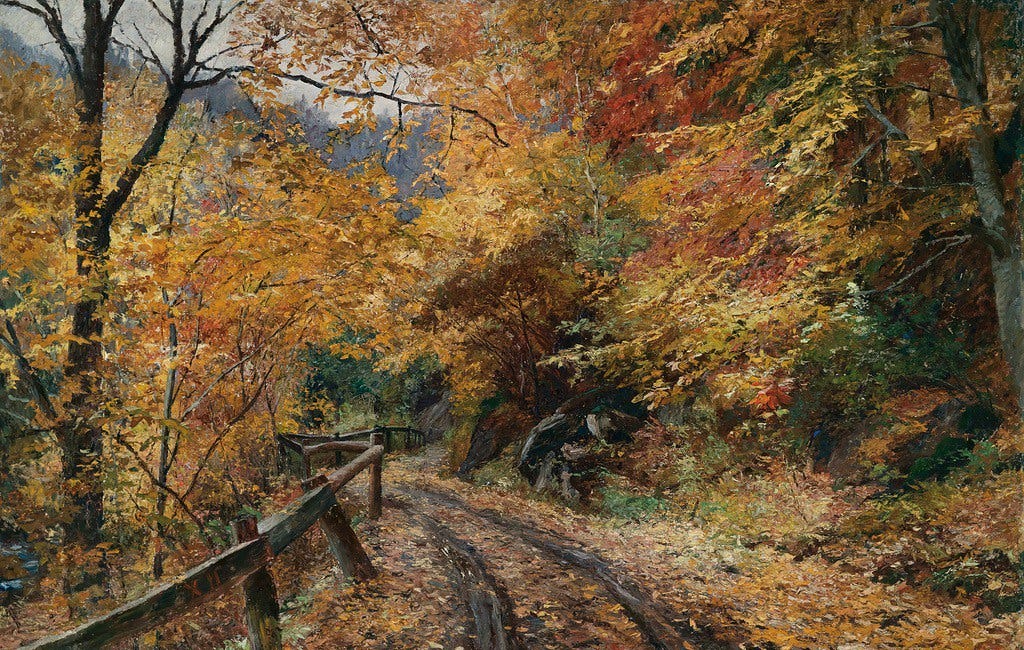Emily Dickinson, ‘I felt a cleaving in my mind’
I felt a cleaving in my mind As if my brain had split; I tried to match it, seam by seam, But could not make them fit. The thought behind I strove to join Unto the thought before, But sequence ravelled out of reach Like balls upon a floor.
What we love about this poem…
Dickinson strides straight in with ‘I felt’. She has felt something, wants to understand what it was, pursues it with active verbs of effort— ‘I tried’ and ‘I strove.’ However, she does not learn what that feeling was. All we know is that something so momentous has occurred that it feels like her brain has been cut in two. We aren’t told what it is, but we can guess: the loss of a loved one, perhaps, or a bitter disappointment, or some other emotional blow. Or maybe it could be something wonderful and marvellous; the poem doesn’t say.
And that is the point: so much is left open. We love the fact that the poem doesn’t provide an explanation of the feeling, only its effects. Dickinson emphasizes process rather than outcome. How often do people say ‘there are no words to express’ a feeling like loss, bereavement, or —conversely—extreme joy and elation? This poem gets beyond that linguistic impasse.
This short poem is also packed with interesting imagery, mostly associated with traditional women’s work—sewing (‘seam by seam’) and knitting (balls of yarn possibly being invoked by that word ‘ravelled’ at the end). The kitchen makes an appearance in the verb ‘cleaving.’ On the other hand, the images of seams, fitting, and joining could also be gesturing towards woodworking (or joinery). All of these kinds of work require patience, precision, and talent; just like the craft of poetry.
About the Author
Emily Dickinson (1830-86) is widely regarded as one of the most important and innovative American poets. She spent most of her life in Amherst, Massachusetts, living reclusively but writing constantly, both poetry and letters. Her work was published after her death and became an instant success. She once described the power of poetry as something that ‘takes the top of your head off’, an image that is strikingly akin to the ‘cleaving in my mind’.
To read alongside…
We have featured other Emily Dickinson poems such as…
'"Hope" is the thing with feathers'
‘Hope’ is the thing with feathers -That perches in the soul -And sings the tune without the words -And never stops - at all - And sweetest - in the Gale - is heard -And sore must be the storm -That could abash the little BirdThat kept so many warm -
LitFlash: "The Brain is Wider than the Sky"
Emily Dickinson, 'The Brain is Wider than the Sky'The Brain—is wider than the Sky— For—put them side by side— The one the other will contain With ease—and you—beside— The Brain is deeper than the sea— For—hold them—Blue to Blue— The one the other will absorb— As sponges—Buckets—do— The Brain is just the weight of God— For—Heft them—Pound for Pound— An…
'The Truth must dazzle gradually'
Tell all the truth but tell it slant — Success in Circuit lies Too bright for our infirm Delight The Truth's superb surprise As Lightning to the Children eased With explanation kind The Truth must dazzle gradually Or every man be blind —
'Vegetation's Juggler'
The Mushroom is the Elf of Plants - At Evening, it is not At Morning, in a Truffled Hut It stop opon a Spot As if it tarried always And yet it’s whole Career Is shorter than a Snake’s Delay - And fleeter than a Tare - ’Tis Vegetation’s Juggler - The Germ of Alibi - Doth like a Bubble antedate And like a Bubble, hie - I feel as if the Grass was please…
'The landscape listens'
There's a certain Slant of light, Winter Afternoons – That oppresses, like the Heft Of Cathedral Tunes – Heavenly Hurt, it gives us – We can find no scar, But internal difference – Where the Meanings, are – None may teach it – Any – 'Tis the seal Despair – An imperial affliction Sent us of the Air – When it comes, the Landscape listens – Shadows – ho…
Suggest a LitHit!
Tell us your own favourites from literature you've read, and we can feature you as a Guest Curator. Just email us with the following information:
Your full name
The title of the book you're suggesting
The location of the excerpt within the book (e.g., "in the middle of chapter 5"), or the excerpt itself copied into the email or attached to it (in Word)
Why you love it, in just a few sentences
About LitHits
Our curation is entirely human, done by our little team of Kirsten, Alex, and Daniel.
Feedback
We'd love to hear your thoughts on our newsletter:
kshepherdb@yahoo.co.uk
Graphic design by Sara Azmy
All curation content © 2025 LitHits. All rights reserved.





